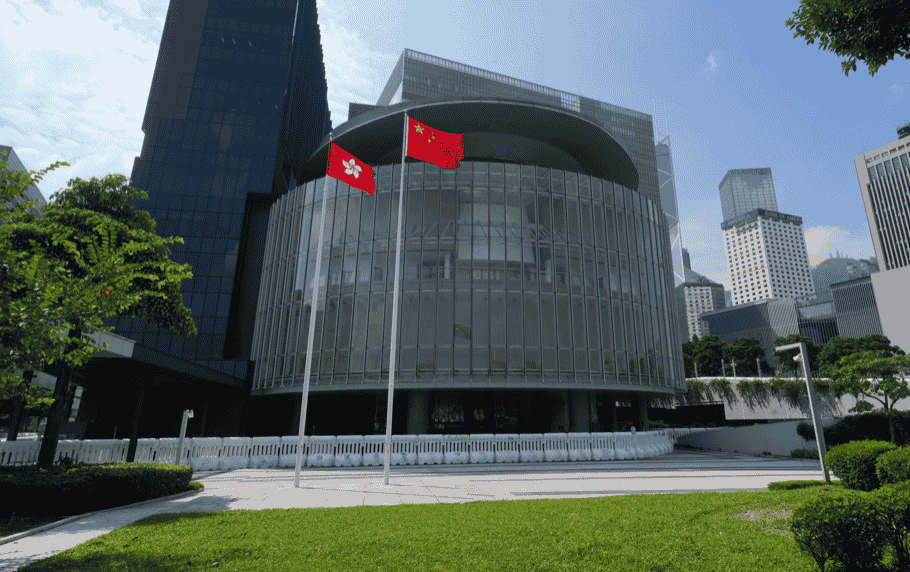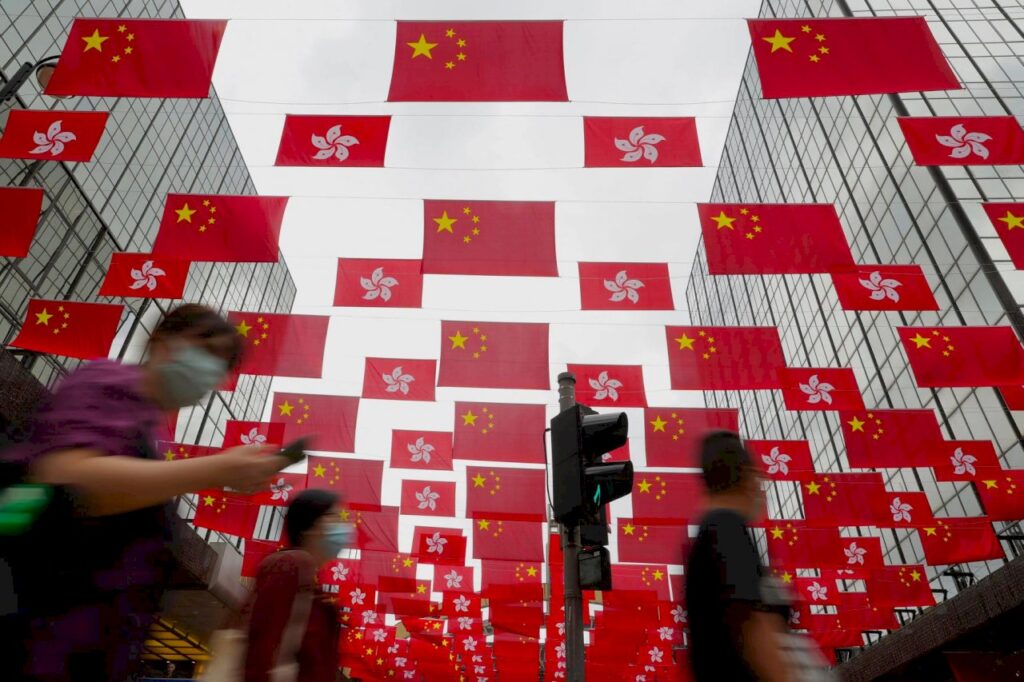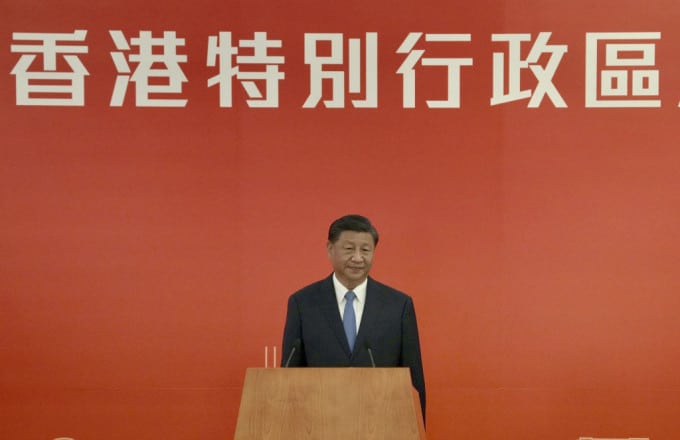After the approval by the Qualifications Review Committee, candidates for the Legislative Council have officially entered the election process. The focus of the media turned to the turnout, which was estimated to be only 20% to 30%. There are reasons for the cold atmosphere in this election, which is an unavoidable fact. The opposition factions were imprisoned, exiled, and DQed, and the survivors boycotted the election, thus lacking political party mobilization; the non-establishment factions took advantage of the momentum, but it took time to cultivate new political stars, and failed to use star power to attract public attention; the establishment factions were at their mercy, and even before the competition He didn't do anything during the warm-up either.
One or two turnout points are enough to decide the victory
After all, citizens’ voting intentions are affected by the political climate, and the turnout rate determines the overall situation. However, even if the turnout is low, it will not be lower than the 17% of the "five districts total vote". Blindly exploiting loopholes to push up the numbers, or deliberately concealing direct election turnout will only undermine the system and destroy the acceptance brought about by established procedures, and the gains outweigh the losses. Moreover, the functional constituencies in the Legislative Council have existed for a long time in the past, and the government has never modified the voting turnout formula because of the bicameral system. Now that it has been changed to a tricameral system, there is no basis for modification. What's more, the candidates will appoint volunteers to the counting stations to supervise the votes, so no one can hide the direct election turnout rate.
Although patterns in voting intentions are discernible, electoral procedures and campaign engineering are valuable and can make a difference of several percentage points in turnout. These few percentage points are the key to the non-establishment's victory. In the past, election analysis relied on the "June 4 ratio". In fact, the lower the turnout, the more beneficial it is to the establishment, and the proportion of votes will be tilted towards the establishment. This ratio cannot be applied rigidly to this election. This year, the yellow camp showed no interest in voting. Independents and the light blue camp who hope that the parliament will play a supervisory role may lack attention. It is not impossible that the vote ratio will become "4 to 6", or even "1 to 2".
Let’s try to deduce it from another angle with reference to recent elections. In the most recent district council meeting, the public was in a frenzy, and the pro-establishment camp worked hard to obtain 1.18 million votes; in the latest Legislative Council general election, the political atmosphere was slightly weaker but not weak, and the pro-establishment camp obtained 870,000 votes. Based on this inventory, the number of votes that the non-establishment faction needs to obtain is conservatively estimated to be 600,000 votes, and optimistically estimated to be nearly 440,000 votes, equivalent to a turnout rate of 30% to 40%, in order to secure the second seat in the region.
The Legislative Council has a supervisory role, not a rubber stamp
The government does not need to ensure that the non-establishment parties win the election, but it has the responsibility to encourage citizens to participate in voting. Exempting people from the requirement to use Safe Travel at polling stations to reduce public concerns about privacy is a compromise that weighs civil rights and public health. The recent announcement to set up polling stations at border crossings to allow Hong Kong people living in the Mainland to vote is a compromise between convenience for the public and legal regulation. The Election Committee election in September is the first election after the improvement of the electoral system. There is no room for failure, and the police are heavily deployed for security reasons. After the last experience, I believe that the security on the polling day next month can be relatively relaxed, so as to prevent overly sensitive citizens from thinking that they are being monitored and guarded, thereby encouraging more people to enter the polling station.
During the nomination period, many candidates had to fight for ten election committee nominations, which was very difficult. This tragic card attracted the attention of the media and citizens, and it brought some electoral atmosphere. With less than a month left, we may need to play a supervisory card to remind the public that Parliament always has a role in supervising the government. In addition to political issues, the Legislative Council still holds the power of life and death over government funding. In the past, non-establishment parties have never occupied more than half of the seats, but they can still get the spotlight of the media, lead policy discussions, and take the lead in setting the agenda. The ten seats in the regional directly elected seats are within easy reach. Citizens who hope that the parliament will have more voices should not despair.
Ray Poon
Co-Convenor (Research), Path of Democracy



